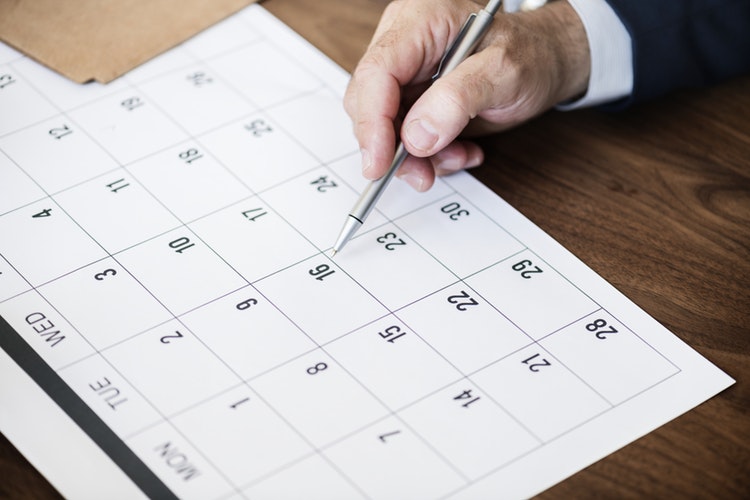Once again, Warwick defeated Coventry in the annual Varsity games. For many, sport is the highlight of university, but balancing a sport with a degree has never been the easiest. Here’s some advice for how to best succeed in both your studies and your sporting commitments… by Kumail Jaffer
Across the pond in the U.S., being in a College sports team is often a well defined route to professional success, and as such, balancing sport and academia is facilitated as much as possible. Indeed, in my short experience training with a varsity team in Canada, academics were stressed throughout; falling behind on your grades meant being dropped, and special support was given to prevent that. In Britain however,sports are student organised, and thus, the burden of balance falls upon the athletes themselves. Here’s some tips on how to balance both the academic and sporting aspects of your life:
Tip #1: Organise, organise, organise!
Rather than some sort of revolutionary call, the basis of balance comes from sharp routine and organisation. Most sports require several hours of dedication per week; perhaps one or two training sessions, fixtures and some time in the gym. This, of course, needs to be done around contact hours, assignments and dedication to other extracurricular commitments. An ideal suggestion here is to form a template timetable outlining your standard academic and sporting commitments. This will ensure you can visualise the space you have to work, socialise and attend to other commitments. I’d also highly recommend using a ‘To-do’ list app to take note of assignment dates and seminar readings – during an especially busy or competitive period, the latter can certainly be forgotten.

Tip #2: Skipping Should Not Be an Option
It’s tempting, sometimes, to ‘take off’ a training session. Perhaps you’ve had a full lecture day, you have assignments due in the near future or simply, you’re tired. In the case of a fixture, this can mean a few hours of your time being dedicated to travel. On a cold, snowy March evening, it’s tempting to take the path to the bus stop rather than the training field.
My advice here is to never do so unless necessary. Training can provide a physical and social outlet that can help you overall. The science behind endorphin release is well documented — rather than working against you temporally, perhaps the physical activity could enhance your study thereafter.
Psychologically, missing a session can lead to stress over falling behind in the sport, and pressure to make the ‘newfound’ time as efficient as possible — but this can be counterproductive.
There are times when taking days, even weeks off are necessary – injury, legitimate physical fatigue, exams, to name but a few, so it’s perhaps best to save your ‘sick days’ for when it’s necessary.
Tip #3: Don’t underestimate your recovery time
At university level, any sort of physical activity, whether it be a training session or a fixture, will require recovery. I’ve seen many athletes attempt to work straight after an evening session — but common sense dictates that a fatigued student in the library past 9pm doesn’t turn out productively.
Many sessions will be in the evening, and thus, unless social, plan to keep work to a minimum following that. Nutrition and rest are far more important at that stage in the day, so perhaps limit your work to the morning and afternoon.
One thing that needs to be stressed is sleep. Sports take up a lot of time and it’s important to get in the 7-9 hours of sleep a day to keep yourself mentally and physically sharp.

For many, the weighing scale between sports and study tends to one side; these three pieces of advice, if followed, should go a long way to maintain yourself throughout the busy Easter period and beyond. If things do get too much, using university services such as counselling can greatly enhance your wellbeing.
Don’t forget to share this post! #studyblog
How do you manage your academic and sporting life? Let us know Let us know via Twitter: @warwicklibrary
Cover image: grass-lawn-field-sports-soccer-2616911 / by StockSnap / CC0 1.0
Image 1: by rawpixel on Unsplash
Image 2: by Abigail Keenan on Unsplash
Image 3: by Viktoria Hall-Waldhauser on Unsplash
